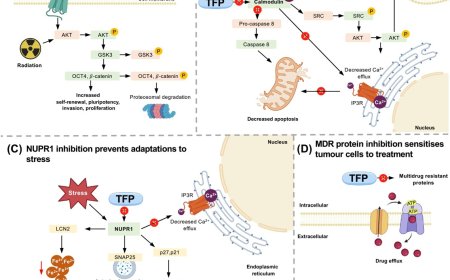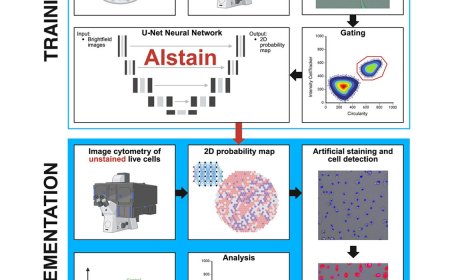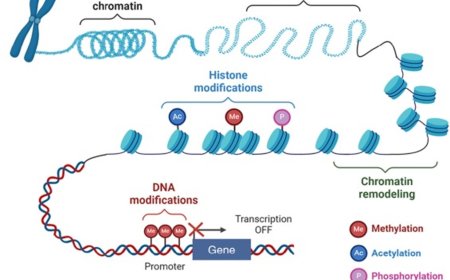Linking bilirubin metabolism to antiviral innate immunity

The interplay between bilirubin metabolism and antiviral immunity remains unknown.
The researchers show that viral infection upregulates uridine diphosphate glucuronosyltransferase 1A1 (UGT1A1) expression in the liver, which in turn stabilizes IRF3 proteins to promote type I interferon (IFN-I) production.
They found that serum unconjugated bilirubin (UCB), a unique physiological substrate of UGT1A1, can competitively inhibit the binding of IFN-I to IFN-I receptor 2 (IFNAR2), thus attenuating IFN-I-induced antiviral signaling of the body.
The researchers found that hepatic bilirubin metabolism enhances antiviral innate immunity by both promoting IFN-I production via UGT1A1 and reducing serum bilirubin levels to attenuate bilirubin-mediated inhibition of IFN-I signaling.
https://www.cell.com/cell-reports/fulltext/S2211-1247(25)00252-9
https://sciencemission.com/Bilirubin-metabolism-and-antiviral-innate-immunity













